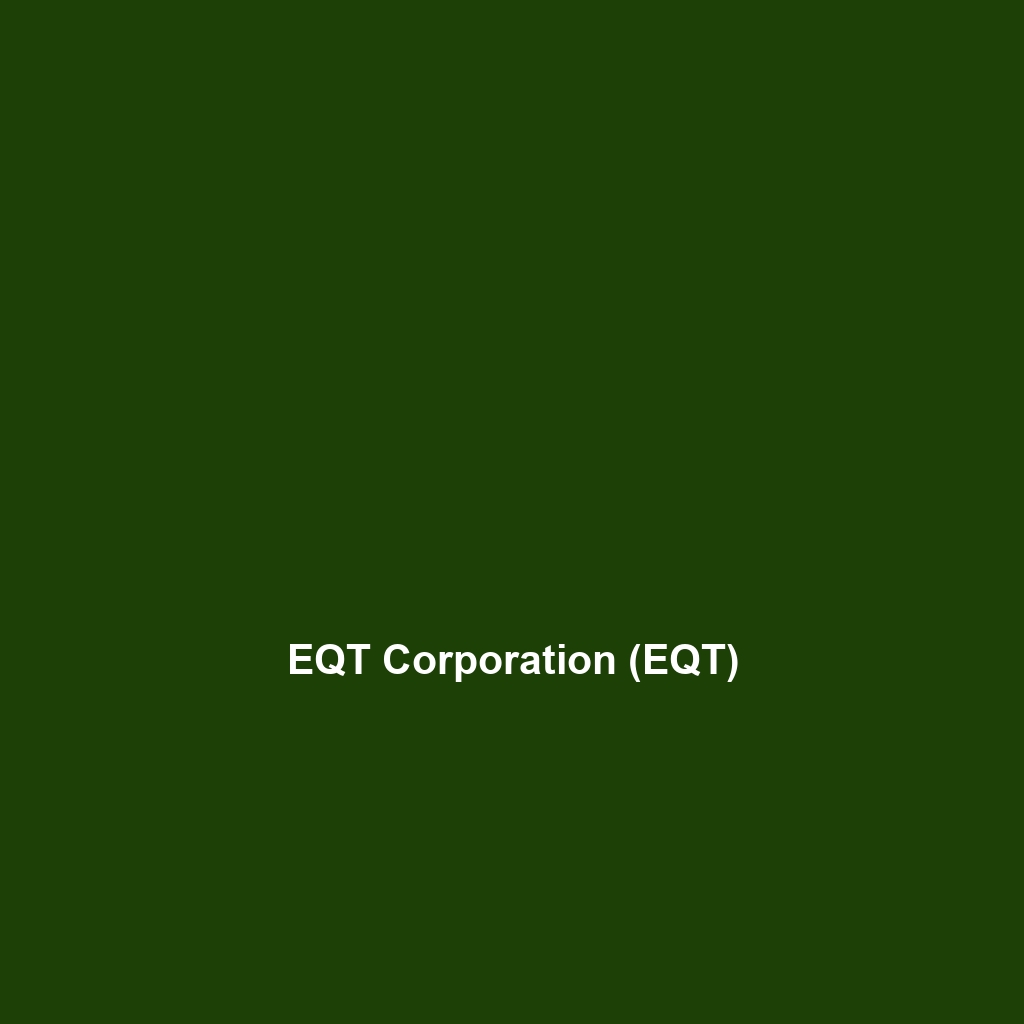Your cart is currently empty!
Tag: natural gas production

Natural Gas
Natural Gas: A Comprehensive Overview
1. Introduction and Overview
Natural gas is a vital energy resource that plays a significant role in the modern economy. Composed mainly of methane, it is a fossil fuel, formed over millions of years from the remains of ancient marine organisms. Natural gas is increasingly recognized not only for its importance as an energy source but also for its function as a feedstock in various chemical processes. Historically, the utilization of natural gas dates back to ancient civilizations where it was observed burning naturally in gas seeps. Today, it has evolved into one of the most essential commodities in the global market, providing energy for heating, electricity generation, and transportation. The transition towards cleaner energy sources is also highlighting its potential role in mitigating climate change, making it a focal point in discussions about sustainable energy systems.
2. Origins and Production Process
Natural gas production occurs worldwide, with significant reserves located in regions such as the Middle East, North America, Russia, and parts of Africa. The top producing countries include the United States, Russia, and Qatar, which together account for a substantial portion of the world’s natural gas supply. Traditionally, natural gas was often flared off during oil extraction due to the lack of infrastructure to capture it. However, advancements in drilling technology, such as hydraulic fracturing and horizontal drilling, have transformed natural gas extraction, allowing producers to access previously unrecoverable reserves.
The production process begins with exploration, where geologists identify potential gas reserves using geological surveys and seismic studies. Once a viable site is confirmed, drilling begins. Once extracted, natural gas undergoes processing to remove impurities and separate other hydrocarbons, leading to a purified product ready for distribution. Technological advancements have significantly improved the efficiency of these processes, enabling quicker production times and reducing the environmental footprint of extraction and processing.
3. Primary Uses and Applications
Natural gas has a diverse range of applications. It is primarily used for electric power generation and residential heating, providing a cleaner alternative to coal and oil. In the industrial sector, natural gas is crucial for manufacturing processes, including the production of fertilizers, chemicals, and pharmaceuticals. Its versatility extends to transportation, where compressed natural gas (CNG) is becoming a popular fuel for vehicles due to its lower emissions compared to gasoline and diesel.
In recent years, innovative applications for natural gas have emerged, such as its use in hydrogen production through steam methane reforming, and as a feedstock for developing bioplastics. Moreover, the rise of liquefied natural gas (LNG) has expanded its reach to global markets, making it a flexible and sought-after energy commodity in regions heavily reliant on imported energy.
4. Market Dynamics and Pricing Factors
The pricing of natural gas is influenced by a variety of factors. Supply and demand dynamics are fundamental, with prices typically rising during periods of high consumption—like winter months in colder regions. Conversely, ample supply can lead to price declines. Geopolitical events, such as conflicts in major producing areas or changes in trade policies, can create market volatility, affecting both supply chains and pricing.
Economic trends also play a significant role; for instance, economic downturns can reduce industrial demand for natural gas, leading to lower prices. On the other hand, natural gas market speculation can introduce additional volatility, with traders reacting to forecasts and changes in production levels. Understanding these dynamics is crucial for stakeholders in the natural gas market, from producers to consumers.
5. Key Markets and Exchanges
Natural gas is traded on several key exchanges globally, with the New York Mercantile Exchange (NYMEX) being one of the most prominent platforms for futures contracts in the United States. The Henry Hub Natural Gas Spot Price serves as a key benchmark in the North American market. In Europe, the Title Transfer Facility (TTF) in the Netherlands and the National Balancing Point (NBP) in the UK are major trading hubs. These exchanges facilitate the buying and selling of natural gas, providing transparency and liquidity to the market. Recent trends indicate a shift towards more indexed pricing rather than fixed contracts, reflecting global competitive dynamics and supply-demand variations.
6. Environmental and Social Impact
As a fossil fuel, natural gas presents several environmental challenges, including methane emissions during extraction and transportation, which can contribute to climate change. However, when burned, natural gas emits fewer carbon dioxide compared to coal or oil, positioning it as a transitional fuel towards more sustainable energy systems. Ongoing innovations are focused on reducing the environmental footprint of natural gas production through enhanced recovery techniques and better leak detection systems.
Socially, the natural gas industry has created jobs and sparked economic growth in producing regions. Nevertheless, the pursuit of natural gas resources has also raised concerns about environmental degradation, water usage, and impacts on local communities. Balancing economic benefits with environmental protection is vital for sustainable development in the sector.
7. Future Trends and Innovations
Looking ahead, the future of natural gas is being shaped by emerging trends and innovations. The transition towards renewable energy sources is steering discussions around natural gas as a bridging fuel in the energy transition. Additionally, technological innovations such as carbon capture and storage (CCS) could mitigate greenhouse gas emissions, making natural gas a more sustainable choice.
Furthermore, natural gas is gaining traction in emerging markets in Asia and Africa, where energy needs are escalating. Investments in LNG infrastructure are vital for facilitating this growth. The development of smart grid technologies and energy management systems also presents opportunities for optimizing natural gas use in tandem with renewable energy sources, reinforcing its importance in the future energy landscape.
8. Conclusion
Natural gas remains a cornerstone of the global energy market, essential for powering economies and shaping industries worldwide. Its role as a cleaner-burning fossil fuel positions it uniquely in the transition to sustainable energy systems. As technological innovations continue to advance and the market adapts to changing demands, natural gas is poised to remain a significant player in the energy sector. Understanding its complexities, challenges, and potential will be crucial for stakeholders navigating the evolving energy landscape.
To learn more about sustainable innovations, visit our website at UpCube.net.

EQT Corporation (EQT)
Summary
EQT Corporation (EQT) is a leading independent natural gas production company based in the United States. With a deep commitment to operational excellence and sustainability, EQT focuses on exploring and producing natural gas, primarily from the prolific Appalachian Basin. As one of the largest producers of natural gas in the U.S., EQT operates with a strong emphasis on innovative approaches to ensure efficient resource management and environmental stewardship.
News
In recent news, EQT Corporation has announced plans to increase its natural gas production capabilities in response to rising global energy demands. The company has secured several key partnerships aimed at optimizing its supply chain logistics and enhancing its sustainability practices. Analysts also note that EQT’s strategic initiatives to reduce carbon emissions have positioned the company favorably amid growing regulatory pressures and shifting market dynamics.
Research
Research indicates that EQT Corporation has a robust project pipeline that aims to leverage its extensive asset portfolio. Industry analysts project that with continued investment in advanced drilling technologies and exploration efforts, EQT is well-positioned to expand its market share. Furthermore, EQT is actively exploring opportunities in renewable energy sources, aligning its operations with emerging sustainability trends, thereby appealing to environmentally conscious investors.
Charts
Charts showcasing EQT’s stock performance over the past year reveal a steady upward trend, reflecting the company’s resilient financial health and operational efficiency. Investors can view detailed charts that include price movements, trading volumes, and moving averages. These visual analytics provide essential insights for potential investors looking to make informed decisions based on historical performance and market trends.
Community
The EQT community is actively engaged in various initiatives aimed at supporting local economies and promoting environmental awareness. The company has initiated several community programs, including education funding and conservation efforts, demonstrating its commitment to corporate social responsibility. EQT encourages community involvement and fosters partnerships that align with its sustainability goals.
Statistics
- Market Cap: $X billion,
- P/E Ratio: X.XX,
- Dividend Yield: X.XX%,
- 52-Week Range: XX.XX – XX.XX,
- Average Volume: X million shares
Financials
- Revenue: $X billion,
- Net Income: $X million,
- Cash Flow: $X million
Historical Data
The historical data for EQT Corporation illustrates consistent growth in production and profitability over the past several years. This trend is supported by strategic acquisitions and an expanding operational framework. Investors can analyze detailed historical performance metrics that include quarterly earnings, production volumes, and dividend distributions to better understand the company’s long-term trajectory.
Profile
Founded in 1888, EQT Corporation has evolved into a major player in the natural gas industry, providing essential energy solutions while maintaining a focus on sustainability. The company’s operational excellence is characterized by advanced drilling techniques and a commitment to environmental stewardship. EQT’s mission emphasizes delivering sustainable energy that supports economic development and community well-being.
Analysis
Analysts have a bullish outlook on EQT Corporation, citing its strong fundamentals, strategic growth initiatives, and a favorable market environment for natural gas. The company’s focus on innovation and efficiency enhances its competitive advantages. Furthermore, EQT’s recent sustainability measures are expected to attract more environmentally conscious investors, contributing to potential stock appreciation in the future.
Options
EQT Corporation offers a variety of options for investors looking to capitalize on its stock performance. Investors can explore various strategies, including covered calls and protective puts, to manage risk and enhance their investment portfolios. With a growing reputation for stability and growth, EQT’s options market provides additional avenues for strategic financial planning.
Holders
The ownership distribution of EQT Corporation reflects a healthy mix of institutional and individual investors. This diverse base contributes to the company’s stability, as multiple stakeholders are committed to its growth trajectory. Notably, EQT has established strong relationships with leading investment firms, further enhancing its financial backing and market credibility.
Sustainability
EQT Corporation is at the forefront of sustainability initiatives within the energy sector. The company has implemented comprehensive environmental management practices aimed at reducing carbon emissions and promoting responsible resource development. EQT’s commitment to sustainability not only assists in compliance with regulatory standards but also strengthens its reputation among socially responsible investors.
Key Executives
Top Institutional Holders
- Vanguard Group,
- BlackRock,
- Fidelity
For more detailed insights and stock analysis, visit UpCubeMoney.com.